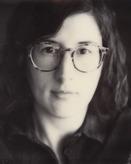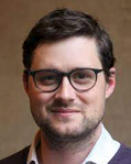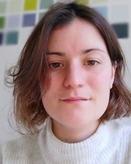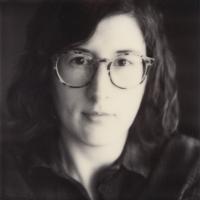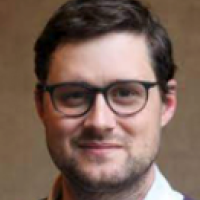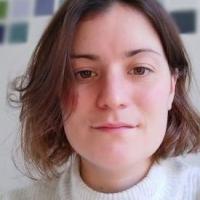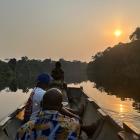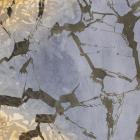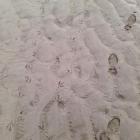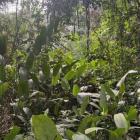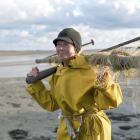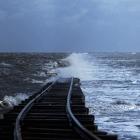About the Exhibition
The “Wetland Times” exhibition is the product of a three-year British Academy–funded research project which has brought together humanities scholars and social scientists to develop new methods and approaches to understanding the complexity of time in wetland spaces. We begin from the premise that broad concepts like the Anthropocene, deep time, and planetary thinking threaten to overshadow and even invalidate the varied, localized, and culturally specific temporal experiences essential to human/nonhuman relationships. The material in the virtual exhibition shows how some of these large-scale concepts and narratives relate to overlapping, messy, and ever-changing “local” times.
All of the multimedia presented in this virtual exhibition was collected by Enaiê Mairê Azambuja and Blake Ewing during the course of our research activity across the three case study sites: Morecambe Bay, the Wadden Sea, and the Dja-et-Lobo region in Southern Cameroon. Enaiê Mairê Azambuja conducted interviews with people connected with Morecambe Bay and the Wadden Sea, focusing in particular on areas of the Danish Wadden, as well as gathering their stories and ideas through shared walks and dialogue, and the exchange of multimedia material including artworks, photographs, video, and audio. Similarly, Blake Ewing and Nsah Mala engaged in exchange and dialogue with people living around the margins of the Dja Faunal Reserve—Baka and Bantu people, researchers, conservationists, and NGOs—as well as accompanying them on forest walks and listening to oral stories told by these communities. Nsah Mala ran the “futures triangle” workshops with local communities in these areas which are discussed in the chapter “Ruptures.”
The exhibition has been curated by Enaiê Mairê Azambuja with text and editorial suggestions contributed by Blake Ewing and Nicola Thomas.
Acknowledgements
This research was funded by a British Academy Knowledge Frontiers grant (KF7100138) and we thank the BA for their ongoing support for our work. We are also grateful for the support of the Rachel Carson Center, including Pauline Kargruber, Jonatan Palmblad, and Annika Stanitzok, in coordinating this virtual exhibition. The research on which it is based is a wider collaboration to which our whole team, including Gordon Walker, Nsah Mala, and Katie Ritson, have contributed in numerous varied and important ways. Research in the Danish Wadden Sea was facilitated by Marco Brodde; in Morecambe Bay, by Tessa Bunney, Gordon Walker, and Debbie Yare; and in Cameroon by Ruksan Bose, Bertille Djoupée, Allyson Bery, Gaston Mempong, Ernest Simpoh, and Zita Tchengo. We would also like to acknowledge the essential role our partner organizations—the Congo Basin Institute, the Wadden Sea World Heritage Centre, the Wadden Sea National Park (Vadehavscentret), and Eden Project Morecambe—have played in shaping and enabling this project. The methodology and visual style of the mapping tool were inspired by the work of Levi Westerfeld and Anne Kelly Knowles.
We are honored that so many people in Morecambe Bay, on the Wadden Sea coast, and on the edges of the Dja Faunal Reserve shared their stories, photographs, and ideas with us, including many we could not include here for reasons of space. Many thanks to Anna-Katharina, Ben, Colin, Insa, Marco, Marjolijn, Sophia, Tue, Anna, Claire, Clive, Debbie, Jenn, Karen, Laura, Margaret, Gordon, Sarah, Steve, Tessa, Fonjip, Sylvie, Félix, Gaston, Ernest, and the people of Bemba I and II, Assom, Assok, Akom, Zobefam, and Doum villages.
About the Authors
Dr. Enaiê Mairê Azambuja is a fellow in environmental humanities in the School of Global Affairs at Lancaster University. Her work primarily focuses on literature and poetry, and she is interested in the intersections between ecological thought, cultural narratives, and the environmental imagination.
Dr. Blake Ewing is an assistant professor of political theory at the University of Nottingham. His core interest is in the politics of time, with a focus on this project on the temporalities of conservation practices.
Dr. Nicola Thomas is a lecturer in the School of Global Affairs at Lancaster University. She is interested in cultural ways of understanding space, time, and the environment, across languages.


